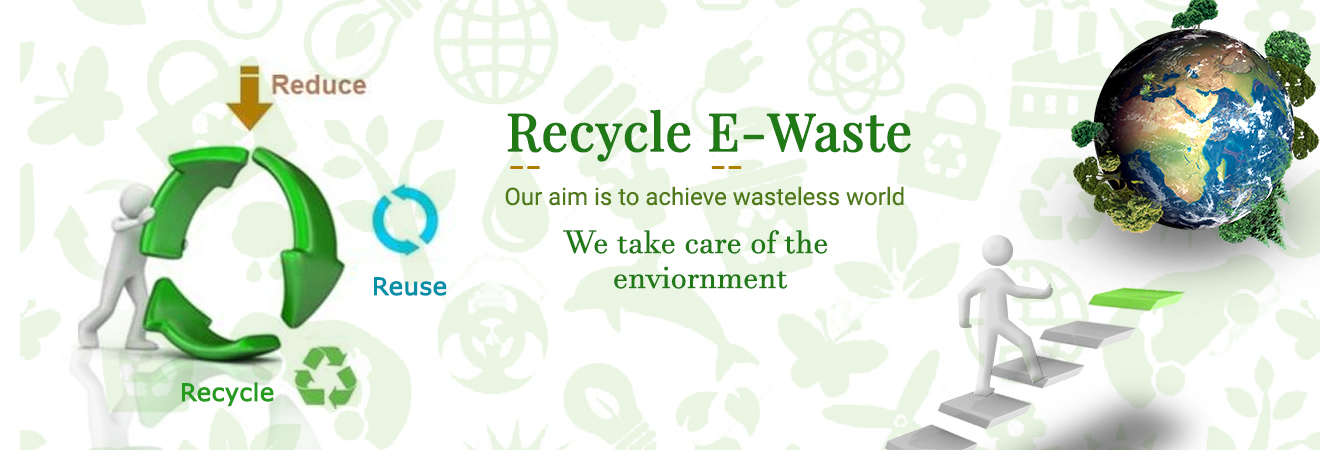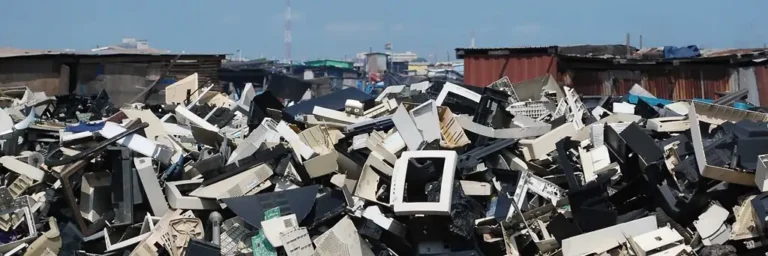
Battery Recycling Companies in India
Battery recycling is a crucial environmental and economic activity, aimed at reducing the adverse impacts of used batteries on the environment and human health. In India, the significance of battery recycling has been escalating due to the increasing use of batteries in various sectors and the corresponding rise in battery waste. This article explores the landscape of battery recycling in India, highlighting the key players, processes, technologies, and future prospects.
Types of Batteries Recycled
Lead-acid Batteries
Lead-acid batteries, commonly used in automotive and industrial applications, are among the most recycled batteries due to their high lead content.
Lithium-ion Batteries
Lithium-ion batteries, prevalent in electronic devices and electric vehicles, are increasingly being recycled for their valuable metals like lithium, cobalt, and nickel.
Nickel-cadmium Batteries
Nickel-cadmium batteries, used in various portable tools and devices, are recycled to recover nickel and cadmium, both of which are hazardous if not disposed of properly.
Other Types of Batteries
Other batteries such as nickel-metal hydride, zinc-carbon, and alkaline batteries also undergo recycling processes to recover various metals and reduce environmental harm.
Battery Recycling Process
Collection and Transportation
The recycling process begins with the collection of used batteries from various sources, followed by their transportation to recycling facilities.
Sorting and Dismantling
At the facilities, batteries are sorted based on their type and chemistry. This is followed by dismantling, where the batteries are broken down into their individual components.
Chemical Processing and Extraction
Different chemical processes, including pyrometallurgical and hydrometallurgical methods, are used to extract valuable metals from the battery components.
Final Disposal of Non-recyclable Components
Non-recyclable components are treated and disposed of in an environmentally friendly manner to minimize their impact on the environment.
Battery Recycling Technologies
One of the key aspects that sets Wastematerial apart is its utilization of advanced Battery Recycling Technologies in the recycling process. From hydrometallurgical processes to pyrometallurgy, Wastematerial employs cutting-edge methods to extract valuable materials from batteries while minimizing waste. This not only reduces the environmental footprint but also contributes to the circular economy by reintroducing recovered materials into the manufacturing process.
Understanding the Need for Battery Recycling in India
With the rapid growth in the use of electronic devices and electric vehicles, the disposal of batteries has become a critical environmental issue. The improper disposal of batteries leads to soil and water contamination, posing serious threats to human health and the ecosystem. Recognizing the urgency of this matter, Battery Recycling Companies in India have emerged to address the challenge.
Wastematerial: Pioneering Sustainable Solutions
Wastematerial has positioned itself as a leading player in the Battery Recycling Companies in India. Established with a vision to contribute to a greener and cleaner environment, Wastematerial employs state-of-the-art technologies for the efficient and eco-friendly recycling of batteries. The company’s commitment to sustainability extends beyond mere disposal, focusing on resource recovery and minimizing environmental impact.
Environmental and Economic Impact
The positive impact of Battery Recycling Technologies beyond environmental benefits. Wastematerial’s efforts contribute to the reduction of raw material extraction, lowering the demand for mining and its associated environmental degradation. Additionally, the recovered materials can be reused in the production of new batteries, fostering a more sustainable and cost-effective supply chain.

Regulatory Framework and Compliance
Navigating the landscape of Battery Recycling Companies in India involves adherence to regulatory frameworks and compliance with environmental standards. Wastematerial ensures that its operations align with national and international guidelines, promoting transparency and accountability in the recycling process. The company actively engages with policymakers to advocate for stricter regulations and greater awareness of responsible battery disposal.
Challenges and Opportunities in Battery Recycling
While the growth of Battery Recycling Companies in India like Wastematerial signifies positive strides towards sustainability, challenges persist. Collection infrastructure, awareness among consumers, and the need for more robust policies are areas that demand attention. Wastematerial sees these challenges as opportunities for growth and continuous improvement, fostering partnerships with communities and stakeholders to address these issues collectively.
Community Engagement and Awareness Programs
Wastematerial recognizes the importance of community involvement in building a sustainable future. The company conducts awareness programs to educate the public about the environmental impact of improper battery disposal and the benefits of recycling. By engaging with schools, businesses, and local communities, Wastematerial aims to create a ripple effect of responsible Battery Recycling Technologies.
Conclusion
Battery recycling is essential for environmental protection and resource conservation. With the right technologies, policies, and awareness, India can lead the way in sustainable battery management. Stakeholders must collaborate to overcome challenges and leverage opportunities for a greener future.

